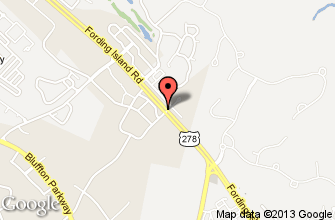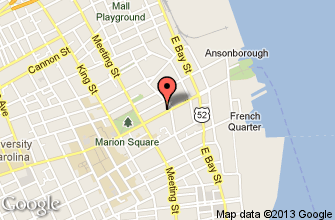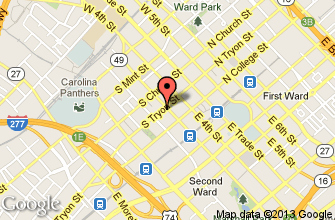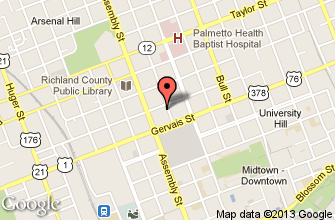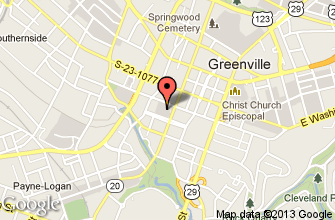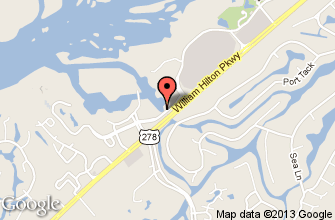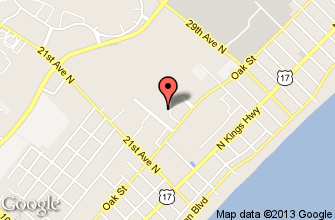News Room
PrintTrademark and Service Mark Registrations: Do You Know the Rights?September 1, 2015
According to the United States Patent and Trademark Office, 1,324 trademarks (or service marks) were granted registration to individuals or companies domiciled in South Carolina in 2014. By extrapolation, it is likely that the number of trademark or service mark registrations granted to South Carolina individuals or companies in the past several decades is in the tens of thousands. Needless to say, a significant number. However, the rights that are provided by a trademark or service mark registration at the federal level may have been undermined by a Federal Circuit Court of Appeals' decision, Couture v. Playdom, Inc.
,
that was handed down this year.Principal to the rights granted by trademark law is that the mark must be used in commerce. Whether you file an application for the registration of a trademark based upon actual use of the trademark or an "intent to use" the trademark, the mark must actually be used in commerce before rights in the mark will accrue or the registration will be granted. However, the definition of "use in commerce" has been clarified. In March 2015, the Federal Circuit answered the question of what constitutes a "use in commerce" with respect to service marks.
Before this opinion, the conventional opinion was that using the trademark to make an open and notorious public offering of goods or services to the consuming public, with the ability to provide those goods or services upon request, was a sufficient use in commerce to support trademark rights and/or a U.S. trademark registration. That is no longer the case. In Couture v. Playdom, Inc., the Court of Appeals for the Federal Circuit affirmed the decision of the Trademark Trial and Appeal Board (the "TTAB") to cancel a trademark registration because the registrant had not actually rendered the services in question as of the date he claimed that the trademark was first used in commerce.
David Couture filed an application for the registration of the mark PLAYDOM under Section 1(a) of the Lanham Act, claiming that at the time the application was filed, he was using the service mark in commerce. To support such a claim, Mr. Couture filed a screenshot of his website where he was advertising his film and television writing and production services. Playdom, Inc. subsequently filed an application for the registration for the same mark (PLAYDOM) and was refused registration in light of Mr. Couture's previous registration of the mark. Playdom moved to cancel/revoke Mr. Couture's registration on the grounds that at the time he claimed use of the mark in commerce, Mr. Couture had not actually rendered his services, but had merely advertised and offered them to the public. The TTAB cancelled/revoked Mr. Coulture's registration, holding that to support registration, the services must have been rendered not just advertised.
Mr. Couture appealed the TTAB's decision to the Federal Circuit. The Federal Circuit upheld the TTAB's decision to cancel Mr. Couture's registration for lack of a use in commerce. Mr. Couture asked both the TTAB and the Federal Circuit if he could amend his application to an intent to use application until such time that he could prove a use in commerce. If allowed, this action would have resolved the problem. However, both the TTAB and the Federal Circuit denied his request to do so. Currently, there is a request for the United States Supreme Court to review the decision of the Federal Circuit. As a result of Mr. Coulture's request, Playdom's application has been suspended pending the Supreme Court's decision.
From this case, we see that "use" means "use in interstate commerce" of the mark in association with the goods or services. Interstate commerce generally requires that the goods or services must be sold or services rendered in association with the mark either (1) to a person from out of state; or (2) in more than one state. Using this standard, trademark applications based on actual use and allegations of use should only be submitted with this understanding. Because this case has the potential for undermining existing rights associated with trademark and service mark registrations, we have a few items to raise in response:
- First, if you have an existing registration, double check that as of the date of the filing (for in use applications) and as of the date of the allegation of use (for intent to use applications), that you can substantiate that the goods were actually sold and/or the services were actually rendered to a consumer.
- Second, if there are questions that arise from this first inquiry, consider refiling but before doing so, it would be prudent to fully understand the ramifications such as registerability, priority dates and, therefore, enforcement.
